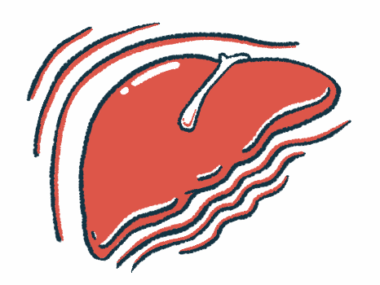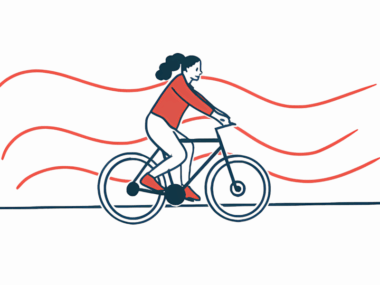CF parents see barriers to daily physical activity in schools
Misconceptions, physical limitations seen as stumbling blocks
Written by |

Although parents of children with cystic fibrosis (CF) recognize the benefits of their children getting physical activity in schools, they see certain barriers in the school setting as preventing daily exercise for their children.
Teachers’ misconceptions about CF, a failure to prioritize physical activity, and the physical limitations of CF children themselves were among barriers parents noted in an interview-based study.
“The integration of [physical activity] into the school setting should be seen as a component of CF care that extends beyond the medical setting and the home environment,” the authors wrote.
The study, “Are school settings restricting access to daily physical activity for children with cystic fibrosis? Parents’ perspectives and recommendations for practice,” was published in the International Journal of Qualitative Studies on Health and Well-being.
CF is a genetic disease caused by inherited mutations that result in the build-up of abnormally thick and sticky mucus in various organs, including the lungs and digestive tract. Daily physiotherapy for CF children can help to clear the thick mucus from the lungs alongside a range of other techniques, including active breathing, positive expiratory pressure (PEP) devices, and physical activity.
Schedules leave little time for after-school exercise
Given the time children spend at school, engaging in physical activity while they’re there may help support their daily CF care. But research into school-based physical activity for children with CF is limited.
A research team at Birmingham Newman University in the U.K. explored school-based physical activity from the perspective of parents of CF children.
Ten parents of CF children ages 5-10 from England, Wales, and Northern Ireland participated in online, semi-structured interviews. Eight CF children were boys, two were girls, and all parents were women.
Many parents said they felt school leaves little room for physical activity after hours. Schools, they said, should help children be more active. “They don’t have time in the evening really to do a whole lot of exercise,” one participant said. Another said the school day “takes up a massive part of when our children are not tired.”
Some parents said they did manage to get exercise in outside of school hours. “From literally the moment they could walk, I had them running, they were swimming from the age of 6 months just to keep their lungs clear,” one said.
Daily CF-related activities like physiotherapy, medications, and exercise can be overwhelming for many parents. “We wake up in the morning we do nebulizers, physio and exercise,” said one participant. Parents suggested schools could alleviate some of the burden by supporting physical activity.
Advice for teachers: ‘Don’t be alarmed’
Parents said teachers often view children with lung conditions as fragile, overlooking their abilities and potential. They also said teachers may focus on CF rather than the child’s well-being.
Teachers need more education about CF, the interviews showed.
For example, one parent said teachers don’t realize that coughing during exercise is normal for CF children. “The coughing thing, don’t be alarmed if they cough, it’s actually a good thing if they’re exercising, don’t think that you need to stop them unless they literally say they can’t do it anymore,” the parent said.
Other barriers cited in the survey were the physical limitations of CF, such as chest tightness, hydration need, fatigue, and cold, as well as the emotional effects of being teased.
While parents viewed physical activity for their CF children as extremely important, most felt schools didn’t prioritize it. “There’s a big push on maths and English, to the detriment of things like physical education but you know, they need physical education,” one parent said.
Parents saw “windows of opportunity” for physical activity during the school day, the researchers said. “So we walk to school, it’s only about 400 yards away,” one parent said. Another said most of their child’s exercise came from “running around in the playground with their friends.”
Parents acknowledged that being physically active helped children manage their CF symptoms. “We noticed that when they don’t exercise their lung function drops,” said one participant.
Some parents suggested that promoting physical activity for all children would help their CF children. They stressed the importance of inclusiveness in physical activity in schools.
“The findings of this study evidence that although parents recognized the benefits of school-based [physical activity] for their children with CF, systemic barriers in school settings often inhibit its implementation,” the researchers wrote.








